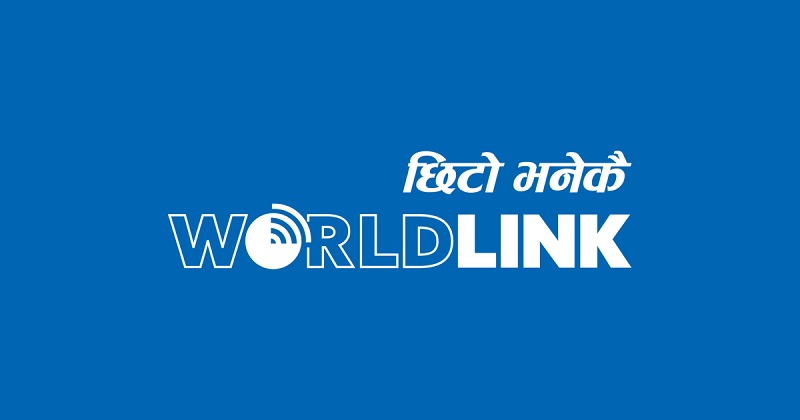Scene Of Mobile Finance Service In Nepal
Mobile Financial Services (MFS) is a distributive service for the broader access to financial services in the rural, semi-urban people in Nepal. It provides retail to micro retail services (the payment facilities, receipt of funds and transfer of funds) through the means of a mobile. Financial things that can be sent through MFS could be necessary fund transfer, utility/bill payments, merchant payments, etc. or could be more advanced commercial products like micro-loans, insurance, remittance, etc.
Mobile finance service will enable low-income, rural and un-banked and under-banked households to increase their financial security through appropriate, affordable and secured means to transact, arranges and save money using mobile and digital financial services. Likewise, it develops a strong relationship of customers, agents, merchants, utility companies, financial service providers (FSPs); insurance companies and among others that create a complete eco-system of mobile financial services in line with the central bank’s regulations.
Meanwhile, it also motivates co-operation and MFS stakeholders including Mobile Network Operators (MNOs), Banks and Financial Institutions (BFIs) and the government.
Currently in Nepal there very few options available for the electronic payments service most of the businesses still depend on money transaction. Similarly, the payment work between government to people and people to the government are also dependent on money transactions; there are still no proper options for these things. Some of the potential areas for mobile to mobile payment are wholesale trade, shopping malls, restaurant, and academic institution.
Although there are few options available for mobile finance service in Nepal, recently there has been some initiative of MFS by banks and other private organizations. There are still so many people in Nepal who don’t trust and believe in online and MFS. Those things are the major hurdle in applying MFS.
The avenues for MFS were opened to telecom, and other businesses after Nepal Rastra Bank (NRB) outlined a licensing policy for the Payment Service Providers (PSPs) and Payment System Operators (PSOs) to provide financial services by using the internet, mobile device and payment through card services in 2016. NRB decided that any non-financial service company willing to operate the financial services need to be licensed and regulated by them.
As the whole is transforming into a digital age, it will not be wrong to say that slowly and gradually Nepal will also turn to the digital age where there will be active use of MFS.







